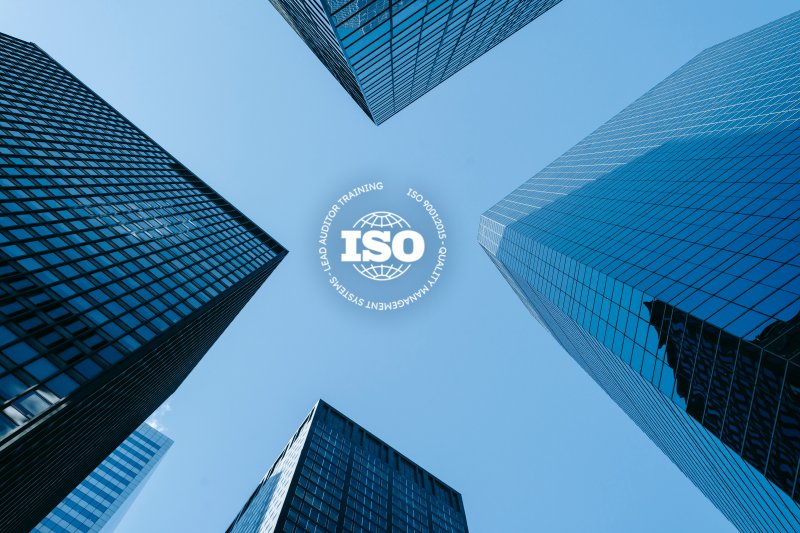The Benefits of ISO 26000 Certification for Businesses

The Future of Auditing: Embracing Technology and Data Analytics
June 22, 2023
Agility Business Services Announces Partnership with TRECCERT
July 27, 2023ISO 26000 is a guideline for organizations to effectively manage their social responsibility. While it is not mandatory to get certified, many organizations choose to do so to demonstrate their commitment to social responsibility. However, if you aim to enhance your reputation, gain a competitive edge, and minimize risk, obtaining certification for ISO 26000 is an excellent choice. There are numerous benefits to ISO 26000 certification for businesses, that includes:
Improved Reputation
When businesses show that they are dedicated to social responsibility, it can enhance their reputation with customers, investors, and other stakeholders. As a result, they may experience increased sales, a better brand image, and easier access to capital.
Competitive Advantage
An ISO 26000 certification can give businesses a competitive edge over their rivals. This is because such certification is perceived as a sign of responsibility and ethics, which can attract customers and investors who prioritize these values.
Improved Employee Morale
Companies that prioritize social responsibility tend to have more motivated and engaged employees. As a result, productivity improves, absenteeism decreases, and turnover rates are lower.
Reduced Risk
Implementing ISO 26000 can help businesses decrease their chances of facing legal liability, reputational harm, and financial losses. This is because they are proactively managing their social impact and taking measures to mitigate potential risks.
Improved Decision-Making
By providing a framework for considering the social impacts of business decisions, ISO 26000 can assist companies in making better choices. This, in turn, can lead to adopting more sustainable and ethical business practices.
Factors to Consider for Getting ISO 26000 Certification
If you are considering adopting ISO 26000 and seeking recognition for your efforts, here are some important factors to consider:
Understand the Standard
To align your organization’s practices with ISO 26000, it’s important to have a clear understanding of its principles, core subjects, and guidance. Take the time to familiarize yourself with these recommendations to ensure your organization follows the standard.
Conduct a Gap Analysis
Assess your organization’s social responsibility practices compared to the standards set by ISO 26000. Determine which areas your organization is already meeting the requirements for and areas that need improvement.
Develop a Comprehensive Plan
Develop a plan for incorporating ISO 26000 into your company. Clearly define the necessary tasks, deadlines, and individuals responsible for each stage of the implementation process. Additionally, explore integrating social responsibility initiatives with your current management systems.
Engage Stakeholders
It’s important to involve employees, management, suppliers, customers, and other relevant stakeholders in the implementation process. It is crucial to seek their input and communicate the objectives and benefits of ISO 26000 while encouraging their active participation.
Set Clear Objectives
To enhance your organization’s social responsibility performance, it’s important to establish measurable objectives that align with ISO 26000’s core subjects. These objectives should demonstrate your organization’s dedication to continuous improvement.
Document Your Efforts
To demonstrate your commitment to ISO 26000 principles, keeping proper documentation of your social responsibility initiatives, policies, procedures, and improvements is important. This documentation will serve as evidence of your efforts.
Seek External Verification
Although ISO 26000 does not provide official certification, you can obtain verification or certification services from trustworthy third-party organizations that evaluate compliance with ISO 26000. Such services offer external recognition and can boost your organization’s credibility.
Conclusion
To summarize, businesses can benefit greatly from obtaining ISO 26000 certification. This demonstrates their commitment to social responsibility, enhances their reputation, establishes trust with stakeholders, and promotes sustainable growth in a society that values ethical practices.




